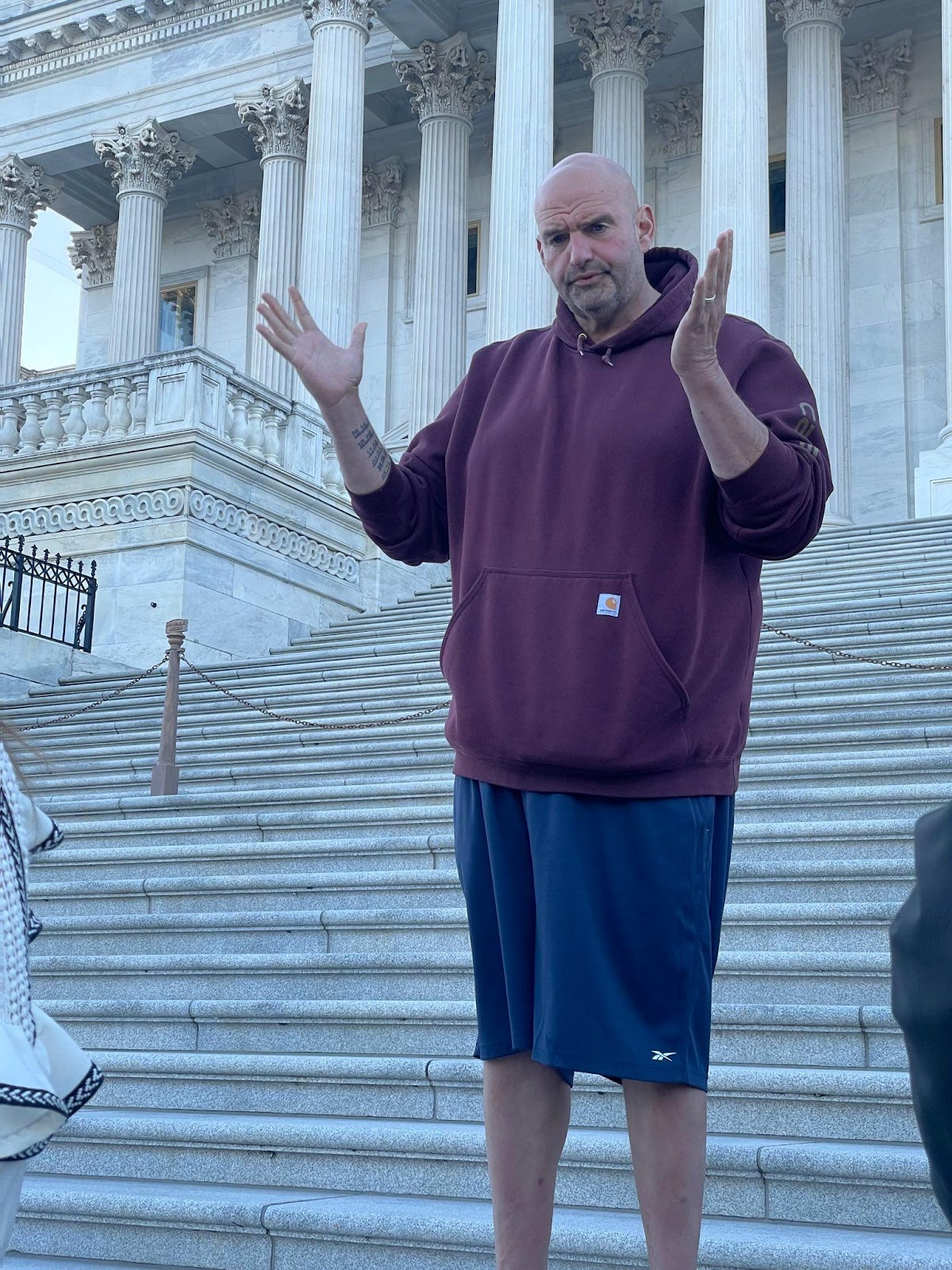The last few weeks have been rough. Your Jewish friends have been extra needy. It’s not enough that you support their right to own land and enter the professions, that you don’t keep them out of clubs and universities, that you accept their citizenship, and that you don’t describe them as “rootless cosmopolitans” or “international banking conspirators.”
Now it feels like you’re walking on eggshells around them every time you comment on the news. They have you suddenly wondering: Am I actually an anti-Semite? It’s a painful question. You want to be a good person. You believe in diversity, equity, and inclusion—including of Jews.
And we all know that antisemitism is not a thing that good people do. And it’s not inclusive. And yet you keep saying things that create what seems to be a stricken look on the faces of Jews of your acquaintance. But then when you ask them whether it was okay to say that thing you just said, they all sound reassuring. But you’re not sure. Is that because it was innocuous? Or is it because they are just being polite and are secretly judging you? It can be hard to tell.
So as a public service, I thought I would create an “Am I a Left Anti-Semite?” checklist. The checklist consists of ten probing yes-or-no questions, each with an assigned point value of associated with the anti-Semitism of the left. Go through the checklist, add up your score, and see where you rank on the scale of 0 to Pogrom. I have added explanatory notes as needed to each question. By the way, this is an official publication of the entire Jewish community, for which I speak.
Question #1: Have you ever referred to Hamas fighters as “our martyrs”? If so, give yourself ten points. If not, have you ever referred to Palestinians killed in the Israeli fight against Hamas as “our martyrs” in a context in which a reasonable person might understand you as referring to Hamas fighters as martyrs? If so, give yourself two points.
Question #2: Have you ever expressed the sentiment that Palestine must be free “from the river to the sea” or any similar slogan that calls for the destruction of any Jewish sovereign presence in Israel proper and that might reasonably be construed as a call to remove or kill Jews from that region? If so, give yourself ten points. Deduct two points if you cannot identify the river in the slogan. Deduct another three if you can’t identify the sea in question. If either or both of these two conditions are met, you might be less of an anti-Semite than an ignorant idiot who has no idea what you’re saying.
Question #3: Do you find yourself radically more engaged by the plight of Palestinians displaced, injured, or killed in Gaza in response to a massacre of Israeli civilians than by the millions of Syrians displaced, wounded or killed in the murderous war by the Syrian government against its own people; by the millions of Ukrainians who have been killed or made refugees by Russia; or by the brutality of the Taliban? If so, give yourself ten points.
Question #4: Do you have an urge to shout at or harass Orthodox Jews or others who are visibly Jewish—or to protest at Jewish or kosher institutions—because of your objections to Israeli policy? Give yourself ten points if you have this urge. Give yourself 50 points if you have ever acted on it.
Question #5: More generally, do you believe the rise in antisemitic incidents, on college campuses and elsewhere, around the country is understandable under the circumstances? Give yourself five to fifteen points depending on how understandable you think it is.
Question #6: When 1,400 Israeli civilians were massacred, did you have a strong urge to add a “but” to any statement of condemnation you may have issued on social media or elsewhere? Give yourself three points if you had the instinct. Give yourself five points if you, in fact, qualified whatever public statement you made.
Question #7: Have you ever secretly wondered whether there is such a thing as an Israeli civilian? If so, give yourself ten points; that’s some dark shit. Give yourself an extra ten points if you’ve had this thought about Israelis but never had a similar thought about the nationals of any other country.
Questions #8: Was any part of you secretly relieved by the speed and ferocity of the Israeli response to the October 7 massacre, as it allowed you to stop talking about the largest massacre of Jews since the Holocaust and instead talk about Israeli policies and actions you could condemn? If so, give yourself five points. Give yourself an extra five if you never seriously contemplated what realistic alternative options Israel might have to protect its people than the course it is taking. Give yourself an extra five still if the first statement you made or protest you attended took place in response to Israeli action, rather than the Hamas action.
Question #9: When you heard about the riot that broke out in an airport in Dagestan the other day, in which rioters looked to attack passengers on a flight from Tel Aviv, did you instinctively want more “context” or to understand the rioters’ point of view? If so, give yourself five points.
Question #10: Do you interpret the Biden administration’s support for Israel principally as evidence of Jewish political power in the United States? Give yourself five points for a soft yes, ten points for a more emphatic yes.
Scorecard
0-to-10 points: Not an anti-semite. I absolve you of sin.
11-to-30 points: You have been infected with left antisemitism, but it’s nothing a little reading on the history of the Arab-Israeli conflict and the history of the left won’t cure.
31-to-50 points: You’re dabbling in some serious antisemitic ideation. You clearly don’t mind violence against Jews very much.
51-to-75 points: You’ve got a serious problem.
76-and above: You’re a member of the Raging Bigot Club.






















